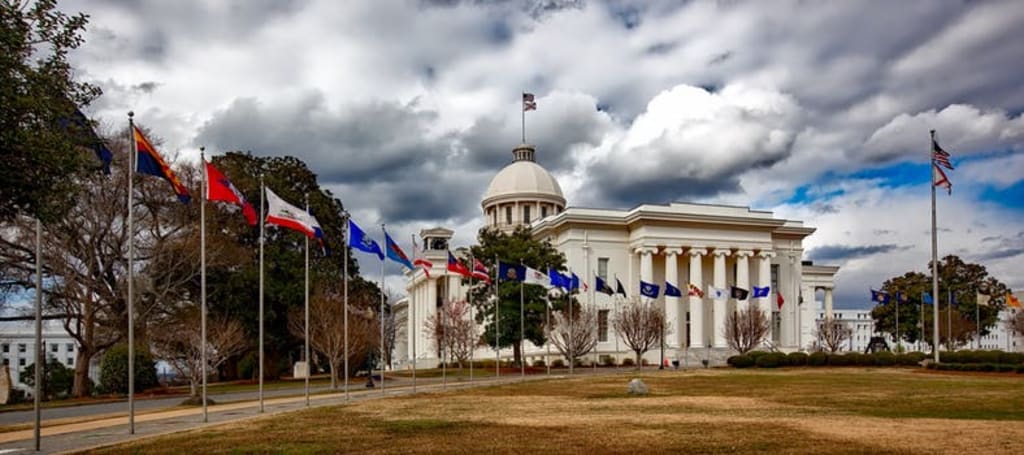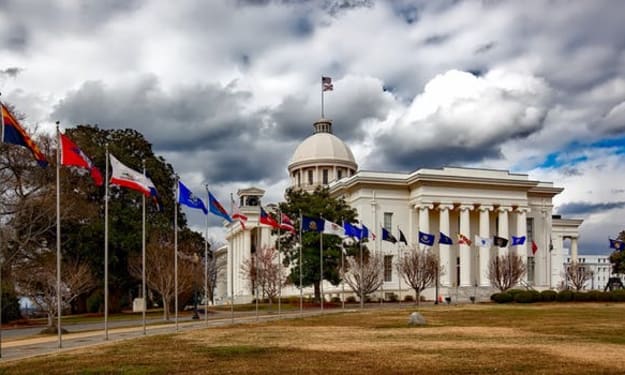Are the Lifespans of Dominant Political Ideals Getting Shorter
Is democracy as we know it ending?

Are the life spans of dominant political ideals getting shorter?
Is democracy, as we understand it, being overtaken by technology?
Have political parties overstayed their ability to cope with changing technologies?
Consider the life span of historic periods of political and economic domination. Ask yourself, is the future to be one of a fragmented human society?
If we look back at history and study the birth, growth, and decay of ruling civilisations, the periods of time during which they dominate are getting reduced.
What used to last 1,000 years now lasts 200. The speed of transition from growth to decay seems to be accelerating. Where is this going to lead humankind?
They can be labelled empires, or political systems, cultures, enforced religious doctrines, or civilisations, but from all around the world, it appears their period of dominance is getting shorter. In Europe, the Celtic dominance lasted longer than the Roman one; the Vikings and Norse ruled for less time than the Saxons. Further, the Chinese empires lasted longer than the Mongolian ones, and in South America, the Incas lasted longer that any subsequent dominant rules. In religions, the Pagans controlled spiritual life for longer than the Roman catholic version of Christianity, despite its violent attempts to suppress those seeking to usurp its position of power. Fascism, communism, and democracy all have short time spans of power, when compared to the time that rule was solely in the hands of various kings and queens.
Philosophy is defined as "the academic discipline concerned with making explicit the nature and significance of ordinary and scientific belief, and investigating the intelligibility of concepts by means of rational arguments concerning their presuppositions."
It does seem to be that the life span of a dominant philosophy is being reduced by the ever increasing speed of technology, which allows for information sharing. From the days of the Celtic druids who did not use written records, to handwritten copies of books, to printing, to the present age of electronic communication, the speed of information flow has increased, while the life span of dominant ideologies has reduced. It is interesting that both secular and religious power bases have also suffered reducing life spans, as the speed at which information and ideas become shared has increased. There is also the effect of increased education, and increased opportunity to have opinions shared. The industrialisation of nations had the unexpected effect of requiring more educated work forces, and now, we have many countries with very high degrees of education, even among social groups who have no power. Even these powerless groups can use electronic media to transmit ideas. They can read and write, and communicate faster than any previous generations of people. Even the all powerful medieval kings could not post a thought to social media, and have it available to millions. Communication now travels very fast, and this seems to be a factor in speeding up social changes at international levels.
Politics, at least in theory, is the application of a social philosophy (see above). In practice many politicians simply want power, but some do have a desire to ensure a nation is ruled by the social philosophy that they hold as true. If the ever-increasing speed of communication, coupled with an ever-growing number of people who can use this communication, is reducing the life span of an actual philosophy, where will this lead?
Will it be to some utopian ideal, where no group has power over any other, and everyone shares knowledge, power, and resources with everyone else? Or will it lead to total anarchy, where only the strong and powerful can take from the weak? A situation where society breaks down into smaller units, each controlled by some sort of warlord? What ever the situation, it is likely that this phase will also pass relatively quickly, as evolution never stops. Evolution of species, of ideas, and of governmental systems. Evolution never stops.
So, what comes after the total breakdown of political control? This is anyone's guess. So many variables, from actual world population numbers, to global climate, to advances in energy production; from social fashions, to the rise of genuine world leaders. Deep, spiritual understanding of human purpose may replace religious bigotry; religion as we know it may disappear along with party politics. So many unknowns. There is always hope.
If, as an example, populations are cut in half all around the world, political governance gets changed to rule by referendum (the results of which are accepted as the democratic will of the majority). If the secrets of cold fusion are solved, and if every nation uses this clean, very cheap power to run pollution controls, all working to improve the environment, if the greater use of automation and artificial intelligence leads to the end of the need for “labour” to make products, and to run administrations—then, we could have artisan communities, each enjoying social and material freedom while cooperating in greater ideals. There is always hope.
About the Creator
Peter Rose
Collections of "my" vocal essays with additions, are available as printed books ASIN 197680615 and 1980878536 also some fictional works and some e books available at Amazon;-
amazon.com/author/healthandfunpeterrose
.






Comments
There are no comments for this story
Be the first to respond and start the conversation.